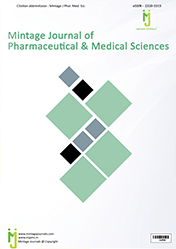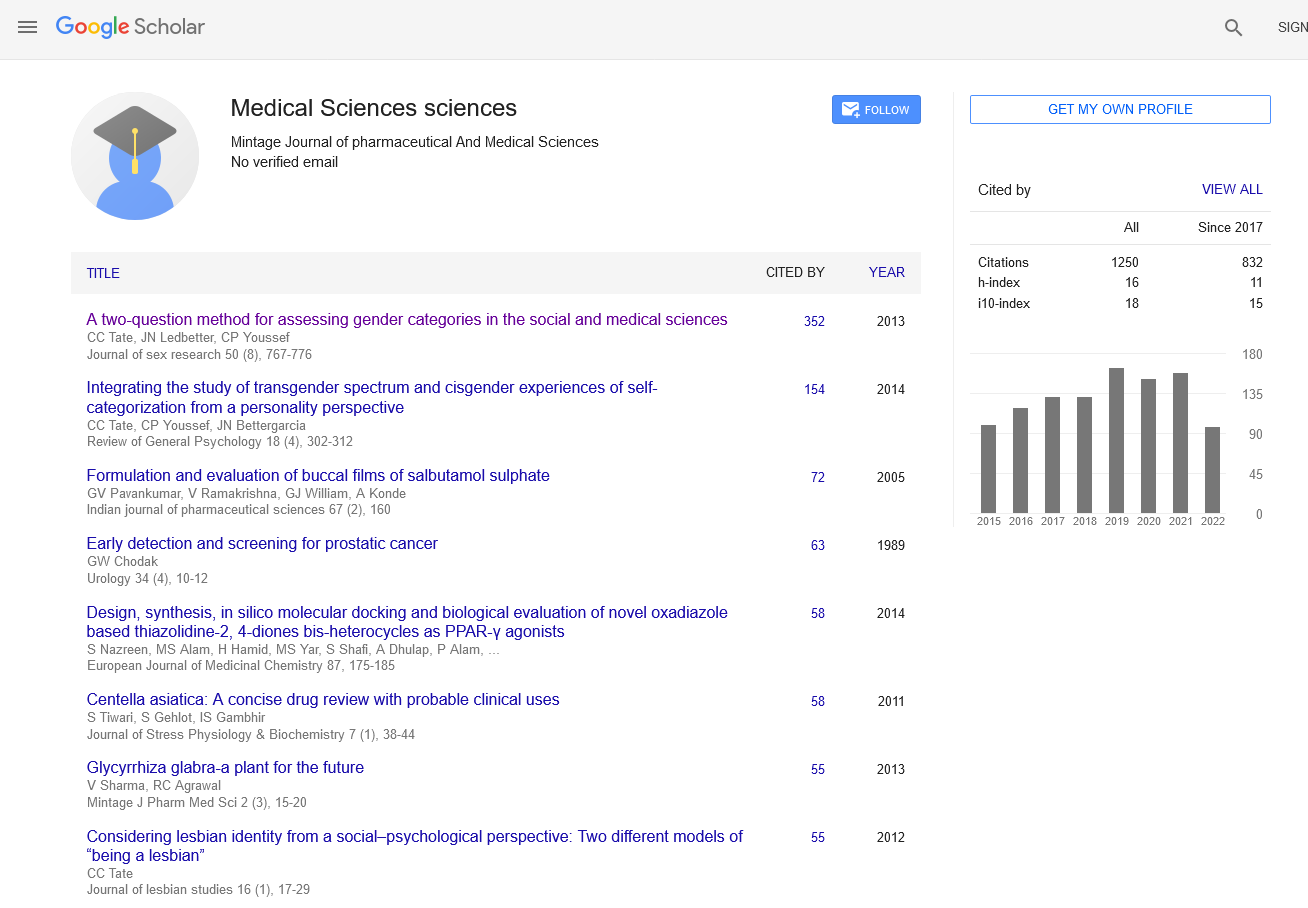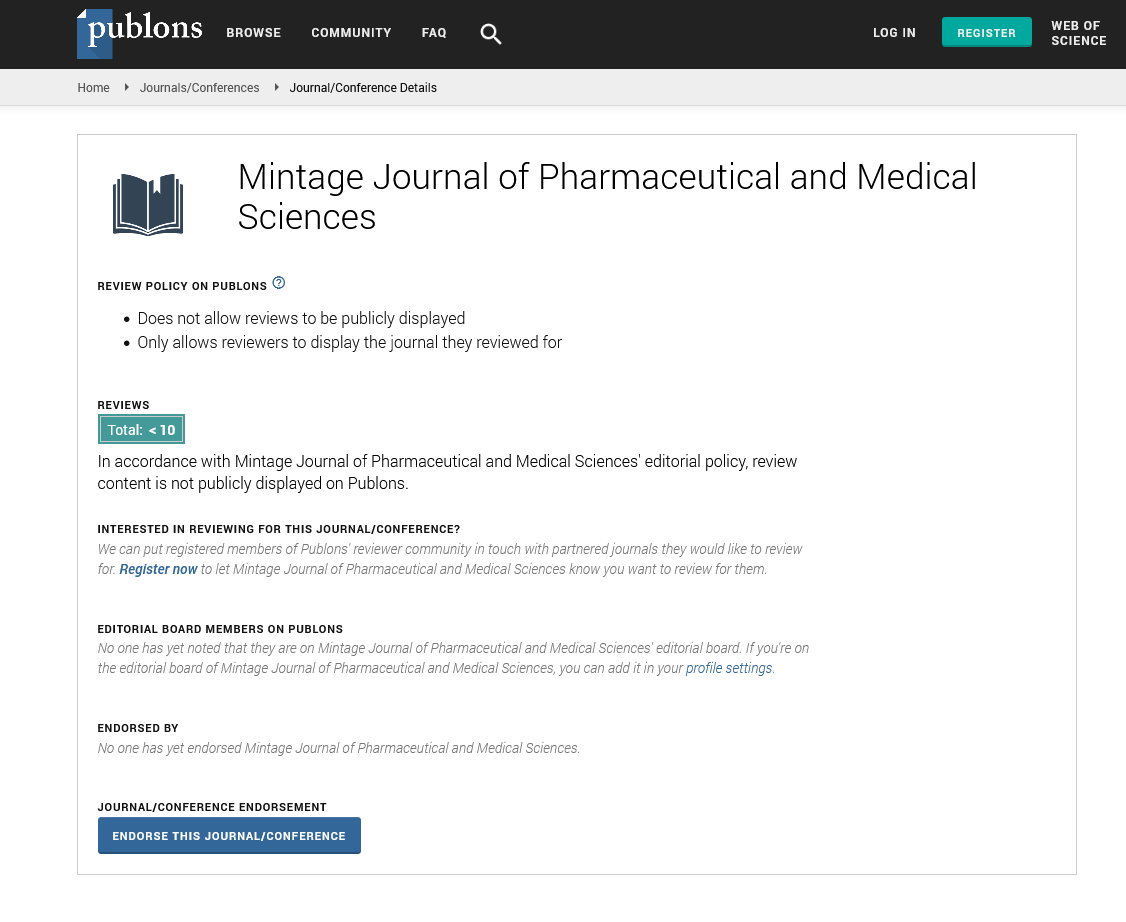Abstract
MOLECULAR METHODS FOR THE DIAGNOSIS OF PNEUMOCYSTIS JIROVECII IN IMMUNOCOMPROMISED IRAQI PATIENTS
Author(s): AZHAR A. F. IBRAHIM1, ISA S. TOUHALI*1,HAIDERN. DAWOOD
Objective: The study were to: Determine the possible implication of Pneumocystis jirovecii in a sample of immunocompromised Iraqi patients and determine the prevalence of Dihydropteroate synthase gene related to treatment and prophylaxis failures. Methods:This study included a total of two hundred (n=200)clinical samples from 100 immunocompromised patients as 70 Bronchoalveolar lavage , 21sputum samples and 9 pleural fluids, with underlying different diseases. Control group included 100 samples(50 Bronchoalveolar lavage, 30 sputum samples and 20 pleural fluids) from immunocompetent individuals from immunocompetent individuals were collected from of in-and out patients who attended of Medical AL-Imammian AL-Kadhmain City teaching Hospital / Baghdad, Baghdad teaching Hospital / Baghdad, Al-Zahra teaching Hospital / Wasit province and other private Laboratories, during the period from May-2014 to March-2015. The detection pneumocystosis by molecular methods. Result:The organism was detected in bronchoalveolar lavage, and/or sputum of immunocompromised patients only. The highest detection rate was observed for the mtLSUrRNA gene in 19 (19%) samples, 15 (15%) of these samples of immunocompromised patients consist of DHPS genes. Conclusion:Pneumocystis jirovecii, is the fundamental opportunistic infection among immunocompromised patients. The primers target of mtLSUrRNA has the most specific and sensitive for the detection of P. jirovecii. In the present study showed the DHPS gene has served as a selective drug linked with sulfa resistance and PCR amplification target.

ISSN: 2320-3315
ICV :81.58

